Description
Centella asiatica and Bacopa monnieri widely known as Brahmi are considered as ‘Medhya rasayanas’ (brain tonic). However, these plants are distinctly different. The name Brahmi, is assigned to Bacopa monnieri whereas “Mandukaparni”, often confused with Brahmi, refers to Centella asiatica. Brahmi is largely treasured as a revitalizing herb used by Ayurvedic medical practitioners for almost 3000 years. The herb has been mentioned in several Ayurvedic treatises including Charaka Samhita and Sushruta Samhita. In addition to being a well-known nootropic herb for centuries, it has also been used as an antispasmodic, astringent, cardio tonic, diuretic, anti-convulsant, anti-inflam- matory, analgesic, antipyretic and antiepileptic agent. Brahmi is a well-known nootropic herb and its uses in neurological and psychiatric disorders are well recognized. Its efficacy and safety is supported by research and thousands of years of knowledge and experience. Despite being such an old medicine, its new benefits are constantly being studied. Brahmi is one of the most sattvic herbs known in Ayurvedic pharmacopeia since vedic times.
Active Ingredients of Brahmi
The active Ingredients of Brahmi are
- Brahmine
- Nicotinine
- Herpestine
- Bacoside A
Brahmine : An alkaloid extracted from the whole plant of Brahmi. The Medicinal property of Brahmine is not much known by the Researchers.
Nicotine: Potent Para-Sympathomimetic stimulant and an Alkaloid found in Brambi. The Parasympathetic system is Responsible for Stimulation of “Rest-and-Digest” or “Feed and Breed” activities that occur when the body is at Rest, especially after Eating, including Sexual Arousal, Salivation, Lacrimation (tears), Urination, Digestion and Defecation.
Bacoside A: Brahmi contains a Natural Phytonutrients which is known as
Bacoside A. Bacoside A is a mixture of chemical Compounds, known as Bacosides. Bacosides major constituents are Different Saponins, Jujubogenins ect. This is responsible for Improving Vital Neurotransmitters Activities which happen in Memorization and Information process and may be helpful in Depression. Balances GABA & Glutamate Levels (The most Important Neuro-Transmitter) in the Brain which in turn Promotes orderly Nerve Cells Firing as well as having Antioxidant Effects.
Steroidal Saponins (Bacosides) increase Protein Kinase (Plays Important Role in Learning & Memory) Activity and Protein Synthesis in the Long-Term Memory Brain Regions. Bacosine has Analgesic Effects.
Benefits of Brahmi
- Open and clarify the mind
- Strengthen memory and intellect
- Support focus and concentration
- Encourage a balanced emotional state
- Promote daytime energy and nighttime sleep
- Support healthy blood cells
- Promote healthy skin and hair
Classification of Brahmi
- Kingdom : Plantaei
- Division: Magnoliophytai
- Class: Magnoliopsidai
- Order : Lamialesi
- Family : Scrophuariaceaei
- Genus : Bacopai
- Species : B. monnierii
Habitat of Brahmi
Brahmi is found in marshy areas near streams and ponds throughout India especially in the North eastern regions. It is found at an elevations from sea level to altitudes of 4,400 feet. It is found in `Uttar Pradesh, Punjab, Haryana, Bihar, Bengal, Tamil Nadu, Kerala, Karnataka, Foot hills of Himachal Pradesh & Uttaranchal. It is also widely grown in the Bandhavgarh National Park in India.
Uses & Effectiveness
- Boosts Cognition : (Cognition Means:- The mental action or process of acquiring knowledge and understanding through thought, experience, and the senses.) One of the most prized benefits of Brahmi is its ability to stimulate the Mind, particularly in terms of Memory and Concentration. It has long been used in Ayurvedic Medicine to Increase Focus and Retention. Some of the Organic compounds in Brahmi Stimulate Cognitive Pathways in the Brain to Boost Cognitive Ability.
- Treats Cognitive Disorders : (Cognitive Disorder Means:- The Process of loosing Memory & Learning Ability) Closely related to the previous benefit of Brahmi is the second – its ability to reduce the onset of Cognitive Disorders as we age, such as Dimentia (Memory Disorders, Personality Changes & Impaired Reasoning) & Alzheimer’s Disease. Research has shown it to be an Effective Way of Stimulating the Creation of New Neural Pathways and Lowering Oxidative Stress in the Brain, which keeps our Minds Sharp Well into our Old Age.
- Reduces Anxiety & Stress : Research have shown that The leaves of the Brahmi Plant can be chewed (only 2-3 at a time) in order to relieve Stress and Anxiety. The Active Ingredients in this herb Reduces Stress Hormones in our body, thereby inducing a Calm, Relaxed State in a Natural Way. Thus one can Avoid the Side Effects of Traditional Pharmaceutical options for Stress & Anxiety Relief.
- To Reduce the Oxidation : The Antioxidants contained in Brahmi are Essential for Promoting a Healthy Lifestyle. Antioxidants can eliminate Free Radicals, the Dangerous Byproducts of Cellular Metabolism that can cause cells to undergo Apoptosis (cell death) or Mutate into Cancerous cells. These Free Radicals affect everything from our Skin to our Cardiovascular System. Regular dose of Brahmi in a daily or weekly diet can help to maintain a high quality of life and a healthy metabolism.
- Improves Respiratory Health : When Brahmi is brewed in a Tea or chewed as normal leaves, it can boost Respiratory Health. It has been used in Ayurvedic treatments for Bronchitis, Nasal or Chest Congestion & Sinusitis. In the past era, the Vocal Singers/Maestros used half fried Brahmi in Ghee with Banana to enhance the Quality of voice.
- Treats Epilepsy : The leaves of Brahmi have been used as a treatment for Epilepsy for Thousands of years. This is thought to be due to the effect Brahmi has on Neural pathways. It helps to prevent epileptic fits, as well as other forms of mental disease, including Bipolar Disorders and Neuralgia.
- Treats Digestive Issues : Brahmi is a sedative. It is as well as anti-inflammatory & may help in providing Relief from Gastrointestinal conditions such as Ulcers etc.
Bio Energetics of Brahmi
| Hindi | Sanskrit | English | |
| Rasa | Kashaya | Taste | Sweet,Bitter |
| Veerya | Sheet | Action | Cooling |
| Vipaka | Katu | Post-digestive effect | Sweet |
| Guna | Laghu | Quality | Light, flowing |
Precautions & Warnings
- Pregnancy and breast-feeding: During Pregnancy, Bacopa monnieri should not be used. It’s best to avoid using any terminalia species.
- Slow heart rate (bradycardia): Bacopa might slow down the heartbeat. This could be a problem in people who already have a slow heart rate.
- Ulcers: Bacopa might increase secretions in the stomach and intestines. There is concern that this could worsen ulcers.
- Gastrointestinal tract blockage: Bacopa might cause “congestion” in the intestines. This might cause problems in people who have a blockage in their intestines.
- Lung conditions: Bacopa might increase fluid secretions in the lung. There is concern that this could worsen lung conditions such as asthma or emphysema.


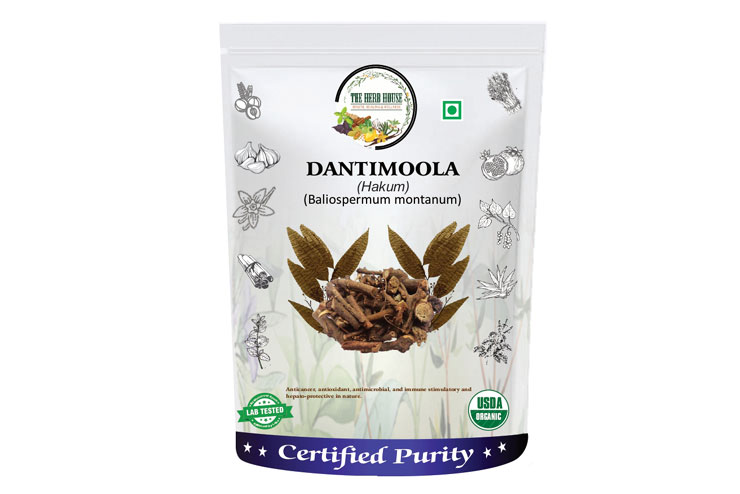
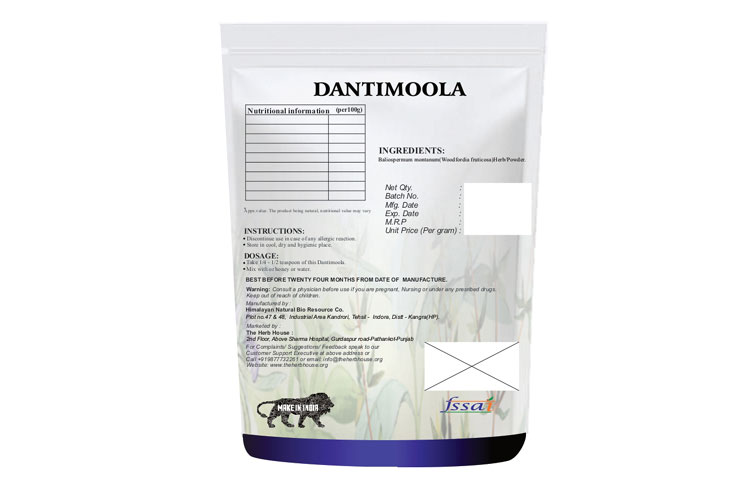
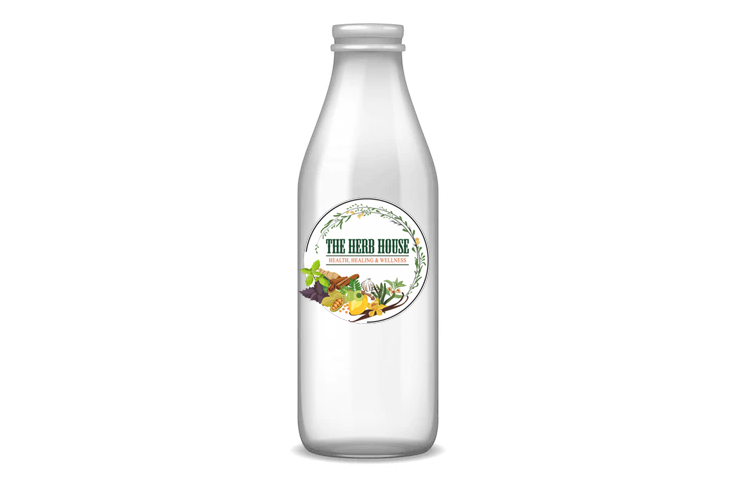
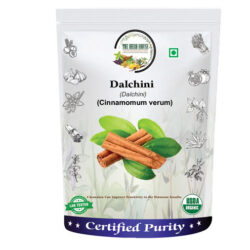
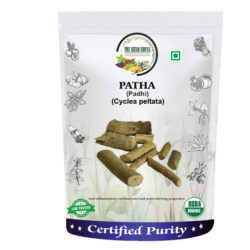
Reviews
There are no reviews yet.